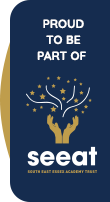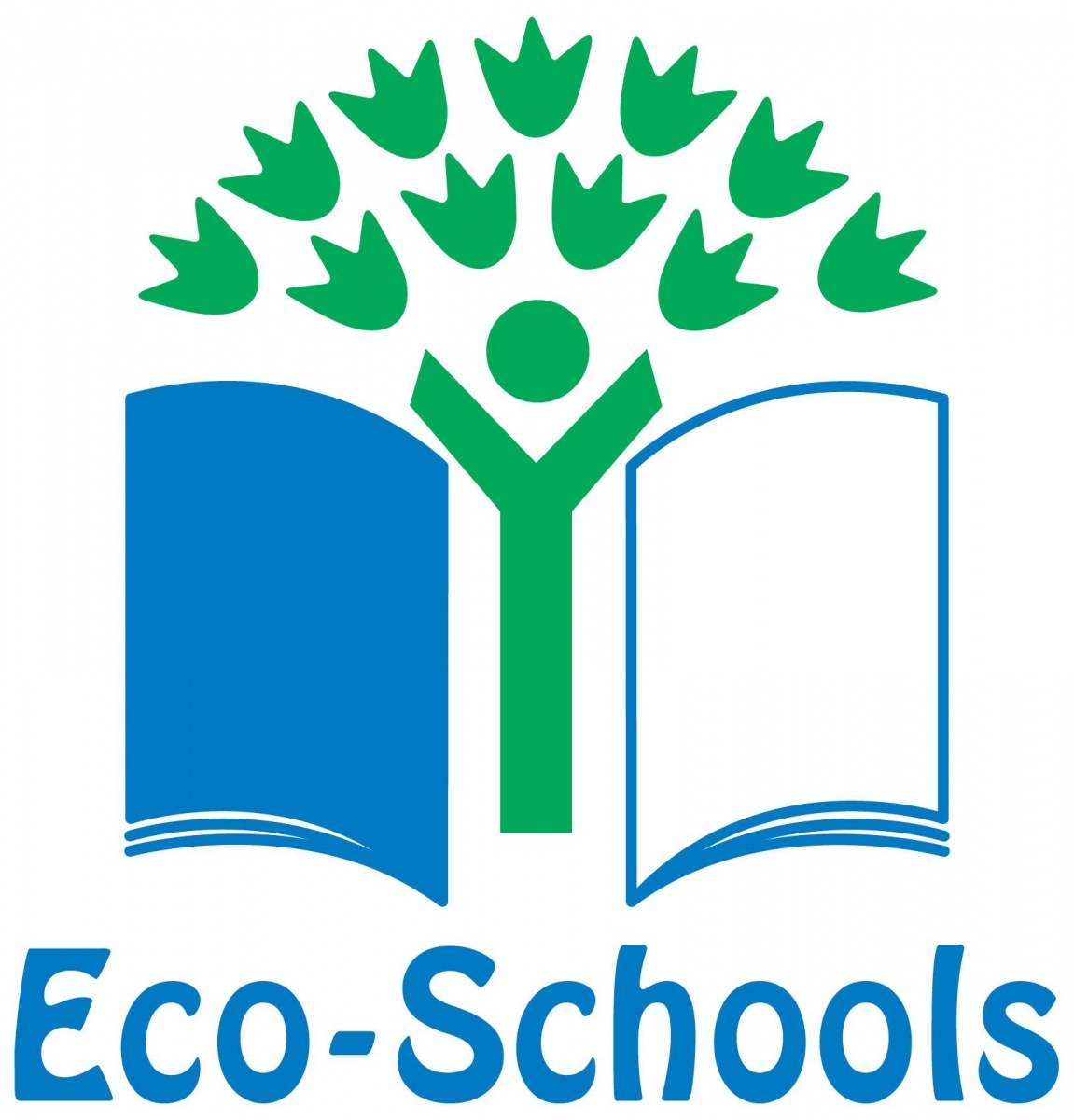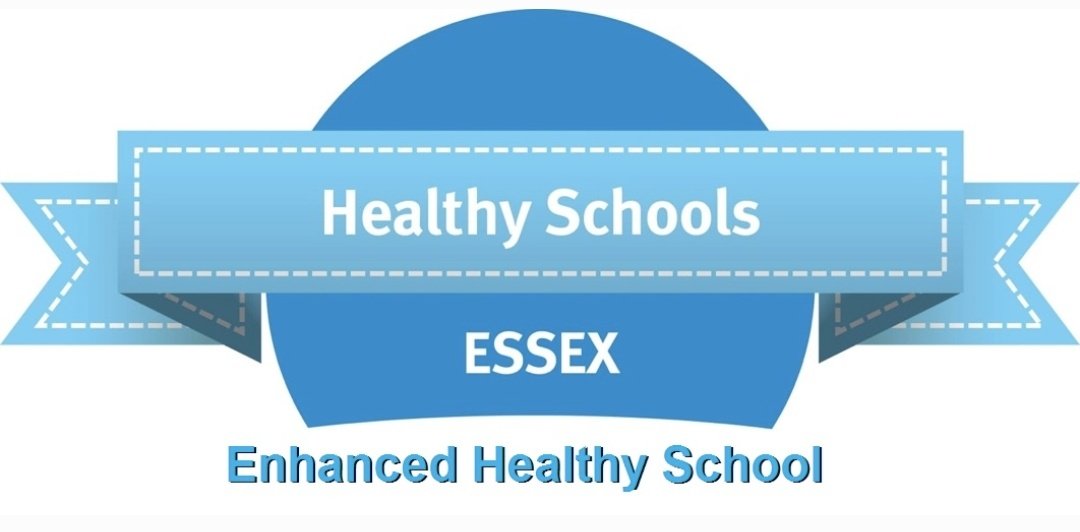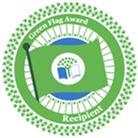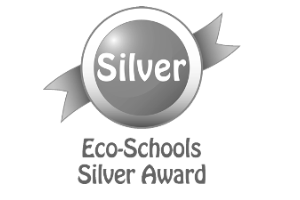
Intent
At RPS, our music curriculum intends to inspire creativity. All the children have the chance to experience singing, playing, creating, composing, and listening to a range of different musical genres. We encourage our children on their musical journey, as well as giving them opportunities to connect with others. We hope to foster a lifelong love of music by exposing them to diverse musical experiences and igniting a passion for music.
Charanga Musical School Scheme
Implementation
1. Artistic Expression and Creativity:
⦁ Objective: Foster students' ability to express themselves creatively through music.
⦁ Rationale: Music is a powerful form of artistic expression that allows individuals to communicate emotions, ideas, and experiences.
2. Musical Literacy:
⦁ Objective: Develop students' understanding of music notation, theory, and terminology.
⦁ Rationale: Musical literacy is essential for effective communication and collaboration in musical settings. It provides a foundation for advanced musical study and appreciation.
3. Aesthetic Appreciation:
⦁ Objective: Cultivate an appreciation for diverse musical styles, genres, and cultures.
⦁ Rationale: Exposure to a variety of musical traditions enhances cultural awareness and fosters a lifelong love and understanding of music.
4. Performance Skills:
⦁ Objective: Develop students' technical and interpretative skills in playing or singing music.
⦁ Rationale: Performance skills enable students to actively engage with music, building confidence and discipline while showcasing their progress and talent.
5. Critical Listening:
⦁ Objective: Train students to listen critically and analytically to music.
⦁ Rationale: Developing critical listening skills enhances musical understanding, allowing students to analyse, evaluate, and appreciate music more deeply.
6. Collaboration and Teamwork:
⦁ Objective: Encourage collaboration and teamwork through ensemble participation.
⦁ Rationale: Music often involves working together with others, fostering skills such as communication, cooperation, and mutual respect.
7. Lifelong Learning and Engagement:
⦁ Objective: Instil a love for music that lasts a lifetime and encourages continued learning and exploration.
⦁ Rationale: Music education should inspire a lifelong passion for music, whether through continued study, active participation, or simply enjoying and supporting the arts.
8. Inclusivity and Diversity:
⦁ Objective: Foster an inclusive environment that celebrates the diversity of musical traditions and perspectives.
⦁ Rationale: Music is a universal language, and a diverse curriculum promotes cultural understanding and appreciation.
9. Assessment and Reflection:
⦁ Objective: Provide opportunities for students to assess their own progress and reflect on their musical experiences.
⦁ Rationale: Assessment and reflection contribute to the continuous improvement of the music education program and help students set and achieve personal musical goals.
Impact
At RPS we aim that, by the time the children leave our school, they will have a wide repertoire which they will be able to use to create original, imaginative, fluent composing and performance works.
This will be evident through:
1. Basic Music Literacy:
⦁ Recognize and understand basic musical symbols, notation, and terminology.
⦁ Read and perform simple rhythms and melodies.
2. Instrumental Skills:
⦁ Play at least one musical instrument, which could be a classroom instrument (e.g., recorder, xylophone) or, in more advanced programs, a traditional instrument (e.g., violin, flute).
3. Vocal Skills:
⦁ Develop basic singing skills, including pitch accuracy, proper breathing, and vocal expression.
⦁ Participate in choral activities, such as singing in a school choir.
4. Understanding of Musical Elements:
⦁ Identify and understand basic musical elements, such as melody, harmony, rhythm, dynamics, and tempo.
⦁ Explore various musical styles and genres.
5. Composition and Improvisation:
⦁ Experiment with composing simple musical pieces.
⦁ Engage in basic improvisation activities, using their creativity to make music spontaneously.
6. Listening Skills:
⦁ Develop active listening skills to analyse and appreciate different musical pieces.
⦁ Identify instruments, musical styles, and elements within a piece of music.
7. Performance Experience:
⦁ Participate in school musical performances, whether as part of a larger ensemble, soloist, or in smaller group settings.
8. Music Appreciation:
⦁ Gain an appreciation for music from different cultures and historical periods.
⦁ Understand the role of music in society and its cultural significance.
9. Collaboration and Teamwork:
⦁ Work collaboratively with peers in musical activities, such as ensemble performances.
⦁ Learn to appreciate the importance of teamwork in musical contexts.
10. Confidence and Expressiveness:
⦁ Develop confidence in their musical abilities.
⦁ Express themselves creatively and emotionally through music.



